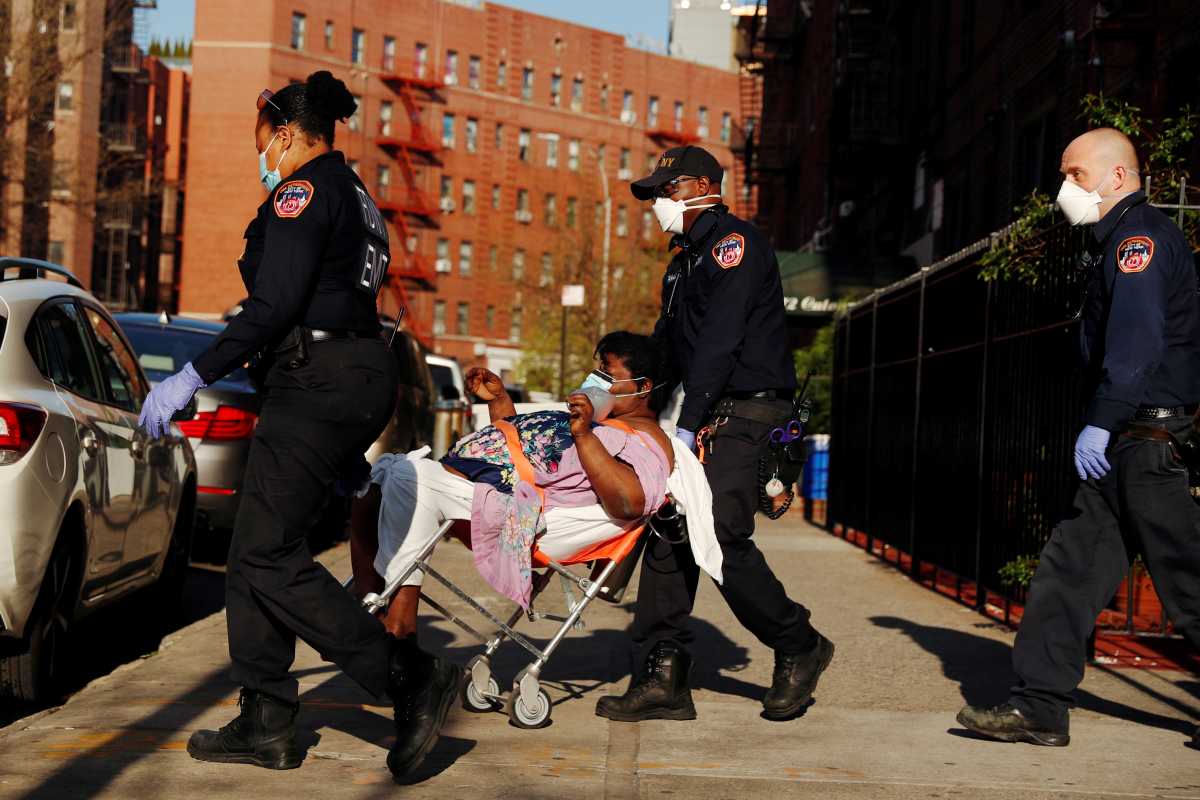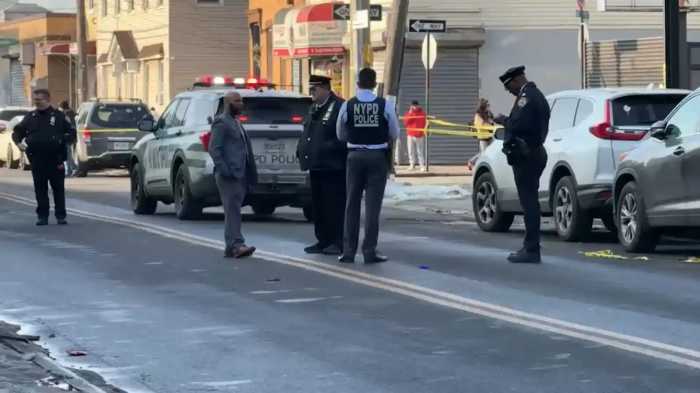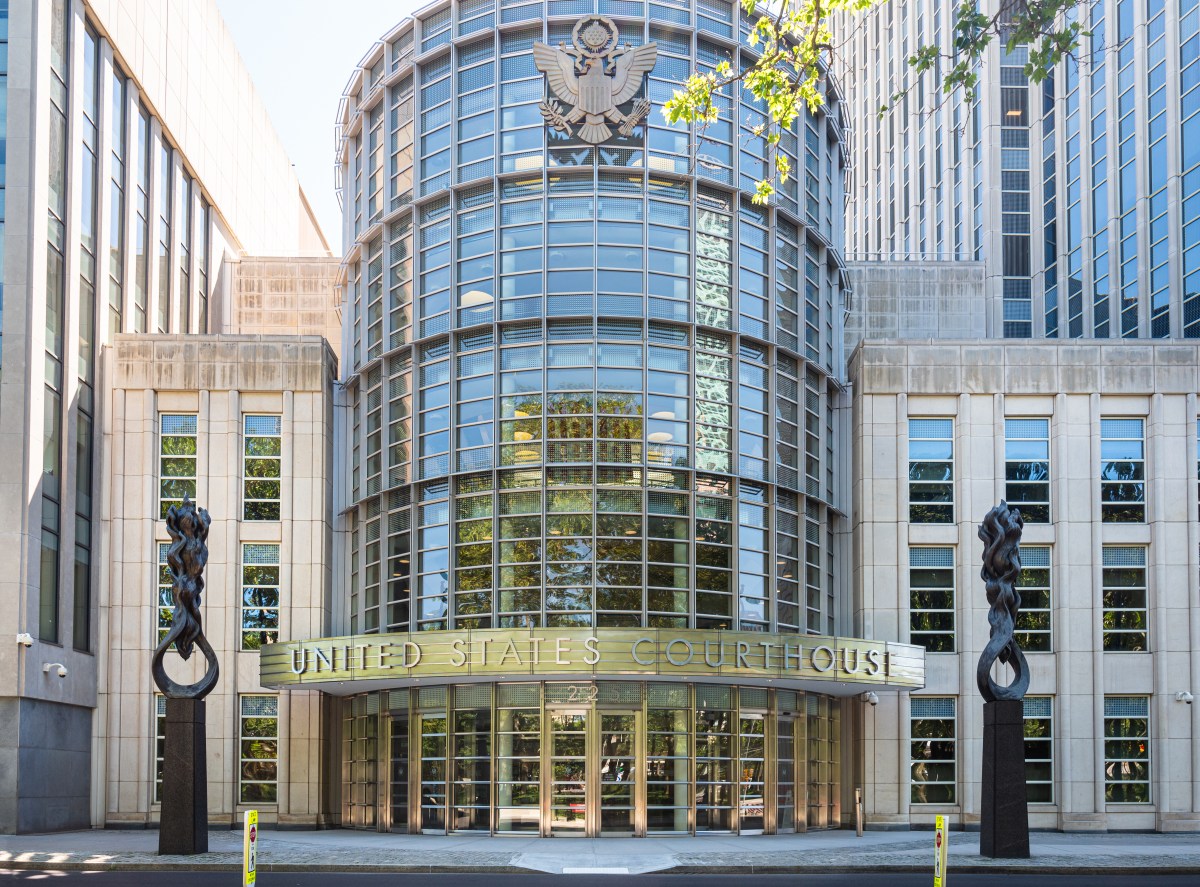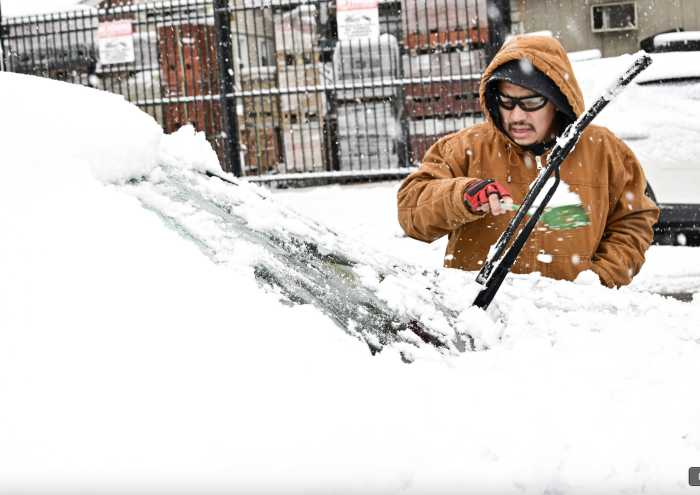The New York City Council passed a resolution Thursday to ensure emergency medical service personnel receive similar pay compared to city fire fighters and police officers.
The resolution, originally introduced into the council by southeast Queens Councilman I. Daneek Miller, aims to chip away at the pay disparity between EMS personnel and other first responders, all of whom face similar dangers on the job.
On average, EMS personnel, who responded to a record number of 911 calls during the peak of the coronavirus crisis, make around 40 percent less than other New York City first responders.
Emergency medical technicians currently receive a starting salary of $35,254, according to the legislation. While the EMS salary increases to $50,604 after five years, city police officers make nearly $8,000 more after the five year mark.
After five years of service in the FDNY, firefighters make around $110,000, including benefits.
Though the legislation was unanimously approved by the City Council, Oren Barzilay, the president of FDNY EMS, Local 2507, cast blame on Mayor Bill de Blasio for not recognizing the need for pay parity sooner.
“Over recent months as COVID-19 ravaged the city of New York, members of the FDNY EMS were always first on the scene to provide medical care and comfort for their fellow New Yorkers in desperation,” Barzilay said in a statement. “The de Blasio Administration completely fails to recognize the nine months of intensive medical training our members undergo, is comparable to a nursing degree.”
EMS personnel are some of the most diverse first responders in the city – approximately 30 percent are women and over 50 percent are minorities.
In 2018, nearly 4,400 EMS personnel responded to over 1.5 million medical emergencies, about half of which were life-threatening incidents, according to the legislation.

































